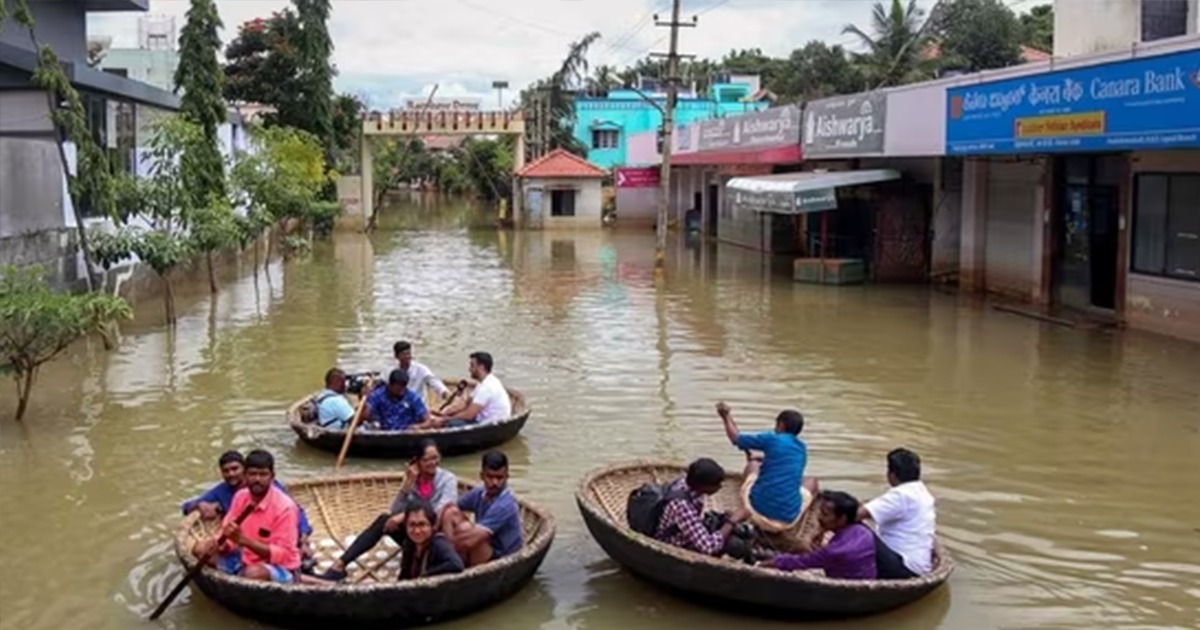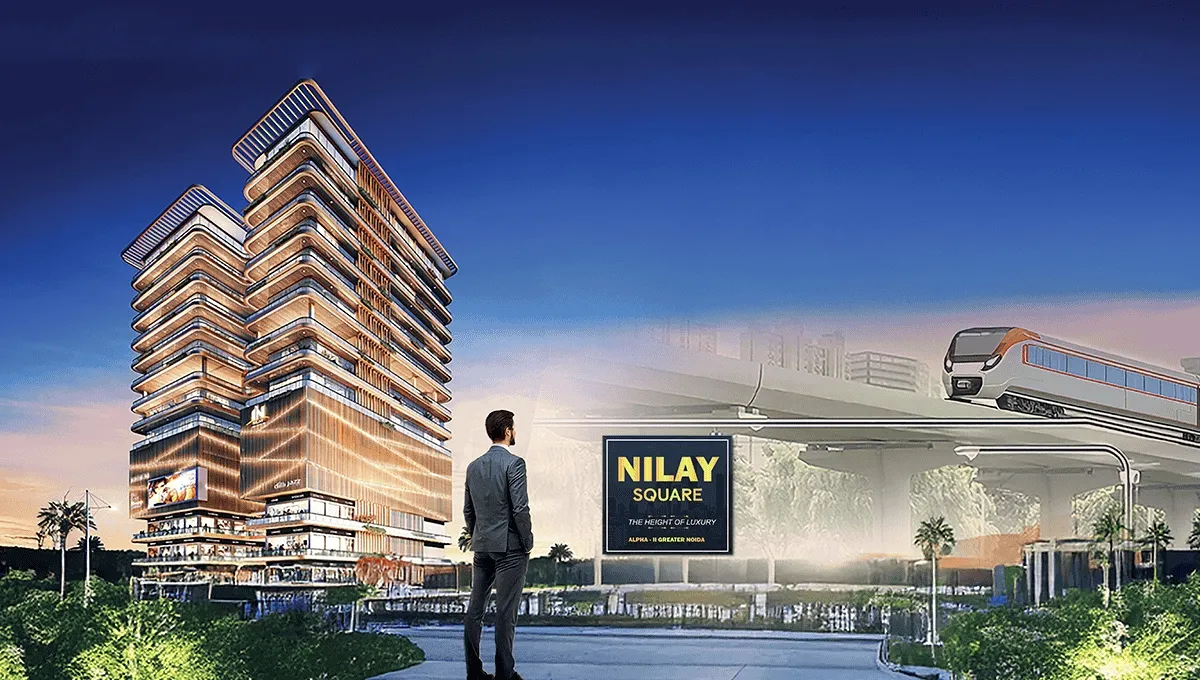Bengaluru's rains, traffic, and water deficit add to the blues; here's how infrastructure difficulties affect home values.
By Bricksnwall | 2024-08-26

Two years after torrential rains wreaked havoc in Bengaluru, and the recent
water scarcity situation reported in the city, homebuyers ensure comprehensive
checks.
The availability of critical
facilities such as healthcare and education, easy access to the workplace, and
the supply of Cauvery water were the top three criteria for a techie-lawyer
pair in Bengaluru who leased a 3 BHK house in North Bengaluru last month. They
aim to take possession of their dream home in 2026.
Meanwhile, Manaal Desai, a
29-year-old entrepreneur, is pondering whether to buy a three-bedroom flat on
the ground floor or the first floor. While minimising knee strain for his aged
parents is his primary worry, Desai wants to avoid future water logging
concerns, regardless of what sales reps say. "Horrors of the 2022 floods
are not lost on me," he told me.
Local brokers and sales
experts who spoke with HT.com reported an increase in enquiries from
prospective homebuyers about water supply and management at new residential
developments in recent years.
In September 2022, Bengaluru
had one of the worst bouts of heavy rain-induced flooding and water logging in
recent memory. Over 130 mm of rain reduced the city to its knees, flooding more
than just the low-lying neighbourhoods. India's Silicon Valley incurred a loss
of over ₹225 crore.
Residential releases in
Bengaluru fell 27% quarter on quarter from October to December of that year,
according to a JLL Research research. Meanwhile, sales dropped 6.6%
sequentially to 11,203 units over the three-month period.
"The quarter saw a
decline in new lunches with developers going into a wait-and-watch mode and
planning to launch their projects in 2023," the report claimed, adding
that homebuyers had become fence-sitters in light of the rising in prices and
interest rates.
Manoj Agarwal, founder of
Agarwal Estates, reported a 30% drop in real estate development in specific
areas following the severe rains of 2022. "Certain areas such as Yemalur
in East Bengaluru, are still reeling under the impact of the unfortunate
event," Agarwal pointed out.
However, as the Covid-19
outbreak faded to more manageable levels, businesses began encouraging people
to return to work. This resulted in a dramatic surge in demand for rental
units, which eased the situation and accelerated the city's real estate market
recovery. As a result, aggregate real estate data after the tragedy did not
show a significant drop.
It should be noted that
specific pockets, such as select layouts in Yemalur and Hebbal, remained to be
avoided by Bengaluru's informed and savvy residents, but zonal data did not
reflect this as a unique trend due to the unusual growth in rents in other
pockets within the zone.
Bellandur's average rent
increased by nearly 50% to ₹53,500 in October 2022, up from ₹36,000 the
previous month, according to Housing.com data. Interestingly, the Mahadevapura
zone in East Bengaluru was one of the hardest damaged areas during the
unprecedented severe rainfall in 2022. In Whitefield, another IT powerhouse in
the city, the average rent increased by nearly 30% month-on-month to ₹28,000
from ₹21,250 during the same period.
Social infrastructure
is a crucial priority.
Sectoral experts who talked
with HT.com agreed that inadequate urban design causes flooding during heavy
monsoons and a lack of water delivery during the dry season, particularly in
North and East Bengaluru.
"Homebuyers frequently
see these events as outliers and prioritise surrounding social infrastructure,
schools, and offices when selecting a location for their property
purchase," said Darshan Govindaraju, Director at Vaishnavi Group. This, in
turn, keeps property prices and rental returns up, despite infrastructure
challenges, he explained.
Technology to the rescue.
As long as a potential
project site has developed social institutions nearby and is close to a metro
station, a developer would rather seek inventive methods to fix surrounding
infrastructural concerns than pass up the opportunity, according to industry
experts.
"As a developer, if
height is not an issue at the project, I can maybe take the podium level higher
than the natural ground level, do stilt parking or one single basement stilt parking
and take the apartments from a higher floor, so that even if the infrastructure
around is not up to the standard the overflow from that would not come in and
affect your building adversely," says Govindaraju.
Source: Hindustan Times




